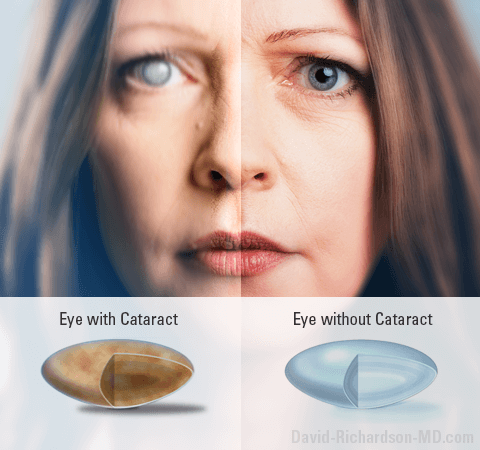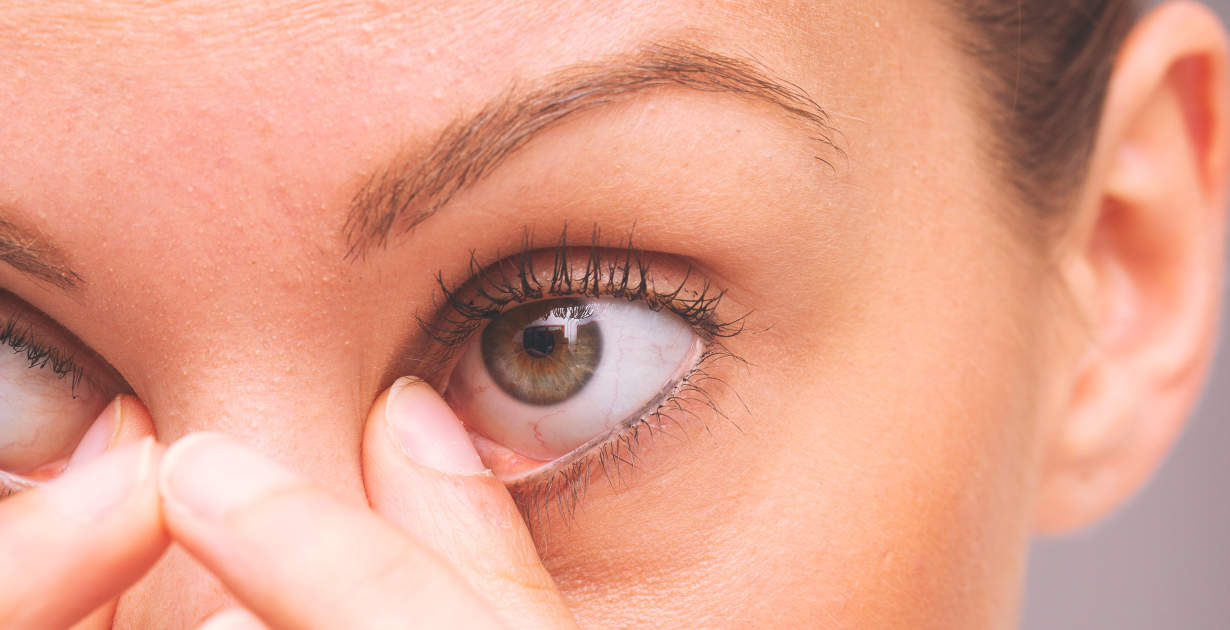
Blurred vision or colour vision impairment, sometimes referred to as trichotillomania, can develop suddenly, often within seconds of going from a light to a dark room. A person with this condition may experience symptoms such as hyperventilating, sweating and shaking, or they may simply feel as if they're "on fire". This sudden sense of intense heat on the face, chest, hands and feet is sometimes accompanied by profuse sweating and aching in the legs. Severe cases of blurring vision can be a symptom of several different conditions, and it often begins gradually over a period of months or years.
If a person has poor eyesight, they may have blurry vision even when their eyes are closed. A person with macular degeneration, also known as AMD, develops blurred vision that worsens as the disease progresses, leading to complete blindness in the near future.
Blurred vision can also affect visual perception. When the eye is at rest, the pupil is tightly closed. However, in conditions of too much light, the pupil may partially or completely open. In these cases, a person with blurred vision may find that objects appear fuzzy or confused. While it is not possible to eliminate all of the factors that can contribute to the development of blur, it is possible to improve the condition by reducing the amount of light entering the eye.
Some people get blurry vision after wearing glasses or contact lenses. Contact lenses force the eyes to focus on close objects and allow them to detach from distant objects. Contacts also enlarge images, making it easier for people to read small text or discern details. In addition, wearing glasses increases the light entering the eyes, making it difficult to correct vision with glasses.
Over time, a person who wears glasses or contact lenses will develop blurry vision as a result of eye strain caused by prolonged use of prescription glasses. This strain on the eyes can cause tears on the cornea. These breaks cause the cornea to reshape, causing the eye to lose its clear image. Lenses can wear out over time and a new lens will be required to restore clarity.

Blurred vision may also occur due to the lack of oxygen supply in the eye
If the eyes are exposed to light in insufficient amounts, it causes the eyes to produce less of the substance that helps to make the blood vessels to contract and relax.
Blurred vision can also result from some eye infections, such as conjunctivitis, which occurs in the inner corner of the eye. This condition can lead to visual impairment. If a doctor treats your eyes, this may help solve the problem.
Some other causes of visual impairment include eye tumors or macular degeneration. People with macular degeneration experience blurry vision due to the buildup of fluid deposits inside the macula, which causes the macula to shrink. Loss of vision can occur when management can no longer project an image of objects that the eye can see clearly.
Several times a year, ophthalmologists will refer people to an ophthalmologist, who will examine and check their eyes to determine what the problem is. The ophthalmologist will then discuss the best solution to improve vision and prevent recurrence of the problem. You can find more information about the possibilities of treating eye diseases at HandalDok.
Vision specialists recommend a variety of eye clothing and vision correctors, including glasses and contact lenses. For some people, glasses may not be the solution because they have achieved good results with prescription glasses or contact lenses.
Most vision problems do not require special treatment. If you suffer from blurred vision, make sure you wear corrective glasses or contact lenses to maintain clear vision.